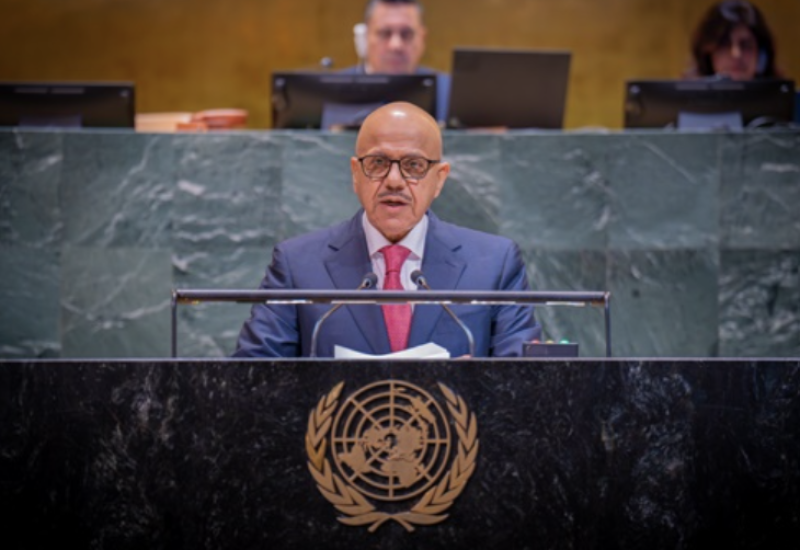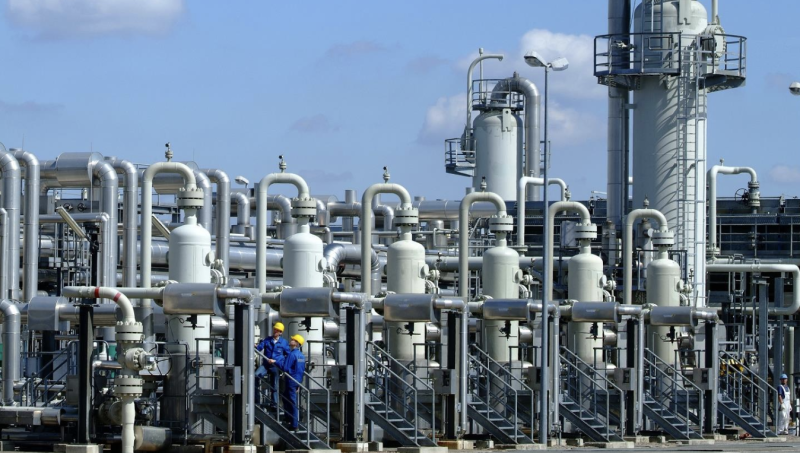WASH Needs Assessment Report: Shibam Kawkaban District, Al-Mahwit Governorate, Yemen


In Yemen, one of the world’s most water-scarce countries, the ongoing war continues to exasperate the dire humanitarian situation particularly for children and women who depend on clean drinking water and sanitation for good health and survival. According to the UN OCHA’s 2018 Humanitarian Needs Overview (HNO), an estimated 16 million Yemenis are in need of humanitarian assistance to access safe water, basic sanitation and hygiene facilities, out of which 11.6 million are in acute need. The local economy continues to greatly suffer amid the collapse of public services leading to social collapse and increased risk of disease and starvation.
Collapsing urban water and sanitation systems, deteriorating water and sanitation conditions in rural areas, and lack of means to maintain personal hygiene and purchase safe drinking water all contributed to one of the worst cholera outbreaks.
Restrictions on fuel imports have sparked critical shortages and price hikes across the country, severely impacting access to safe water and other services, including health care and sanitation.
The cost of fuel has more than doubled, jeopardizing the provision of water, particularly for the most impoverished. Water pumping stations serving over 3 million people via public networks in 14 cities are running out of fuel. It is estimated that 30% of water stations operate only once a month due to lack of fuel and financial resources, while the remaining 70% are in poor conditions and inoperable. Prices of commercially trucked water – a main source for one fifth of Yemen’s population have skyrocketed forcing people to spend long hours waiting in endless lines to secure a few liters of water for their families from free water sources randomly supported by donors. The situation is even more miserable in rural areas, with some women spending four to five hours a day collecting water from remote locations.
Since 2015, RRD has operated in governorates including Sana'a, Al-Mahwit, Hodeidah, and Hajjah governorates to provide humanitarian assistance in the Health and Nutrition sectors as well as Water, Sanitation and Hygiene projects. RRD works and coordinates with local authorities and stakeholders to conduct need assessments, presenting key findings to donors seeking to fund interventions aimed at meeting needs of conflict-affected communities.
On December 10, 2018, RRD conducted a WASH Needs Assessment in Shibam Kawkaban district of Al-Mahwit Governorate to gather information on the humanitarian situation and determine the level of needs in the area. This report provides a summary of the data collection methodology, key findings and recommendations generated as a result of the assessment.
AFP.

Dr. Abdullatif bin Rashid Al Zayani, Minister of Foreign Affairs, affirmed the Kingdom of Bahrain’s commitment, under the leadership of His M…

The United Arab Emirates’ Minister of Foreign Affairs Sheikh Abdullah bin Zayed al-Nahyan urged Israeli Prime Minister Benjamin Netanyahu to…

Stock markets in the United Arab Emirates rebounded on Friday, with Dubai leading the recovery, driven by an increase in consumer staple and financ…